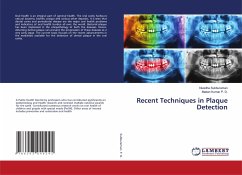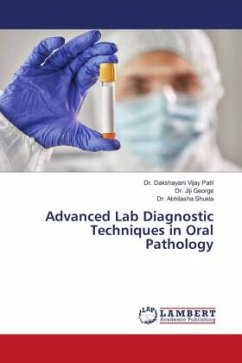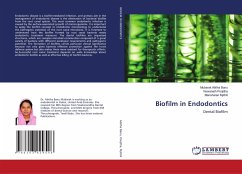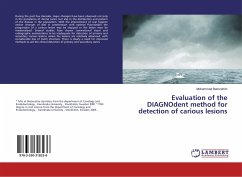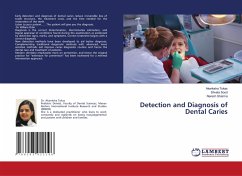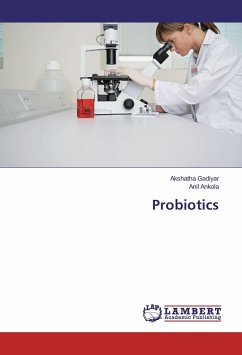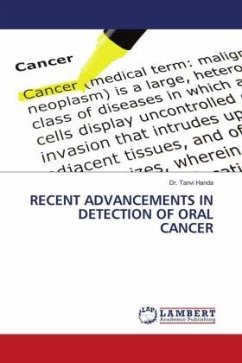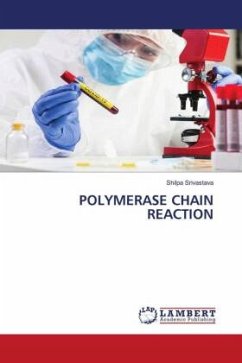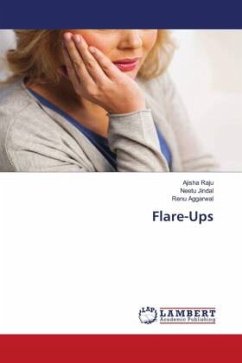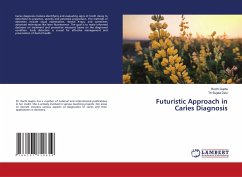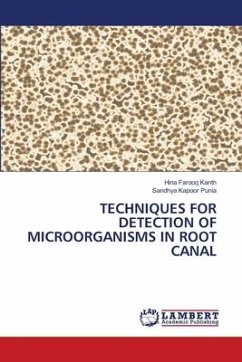
TECHNIQUES FOR DETECTION OF MICROORGANISMS IN ROOT CANAL
Versandkostenfrei!
Versandfertig in 6-10 Tagen
56,99 €
inkl. MwSt.

PAYBACK Punkte
28 °P sammeln!
Molecular biology techniques hold the hope of making the knowledge of endodontic infectious processes still more accurate. Culture analysis of samples from root canals shows that the persisting microorganisms are mainly Gram positive and facultative such as Streptococci, Enterococci, Lactobacilli, Propionibacteria and Actinomyces. Undoubtedly, the well-directed use of molecular methods will provide additional valuable information regarding the identification and understanding of the causative factors of apical periodontitis. Additionally, molecular methods have the potential to make diagnosis ...
Molecular biology techniques hold the hope of making the knowledge of endodontic infectious processes still more accurate. Culture analysis of samples from root canals shows that the persisting microorganisms are mainly Gram positive and facultative such as Streptococci, Enterococci, Lactobacilli, Propionibacteria and Actinomyces. Undoubtedly, the well-directed use of molecular methods will provide additional valuable information regarding the identification and understanding of the causative factors of apical periodontitis. Additionally, molecular methods have the potential to make diagnosis more rapid and directed evidence-based antimicrobial therapy a reality. Scanning electron microscope and more recently, advanced microscopy techniques incorporating fluorescence and confocal laser scanning can evaluate specific microbial targets. While the more advanced scanning microscopy techniques can provide valuable information about the viability and composition of oral biofilms. This book discusses techniques developed for use in the field of microbial ecology to evaluate the members of diverse microbial communities including uncultivable microorganisms in infected root canals of teeth.



